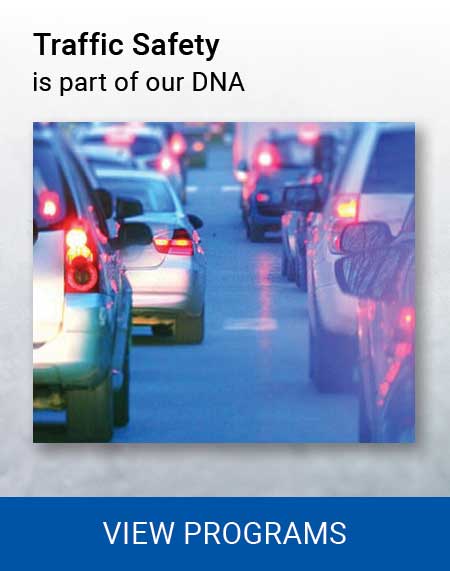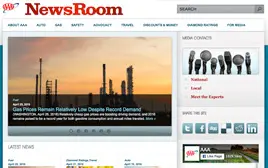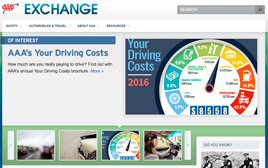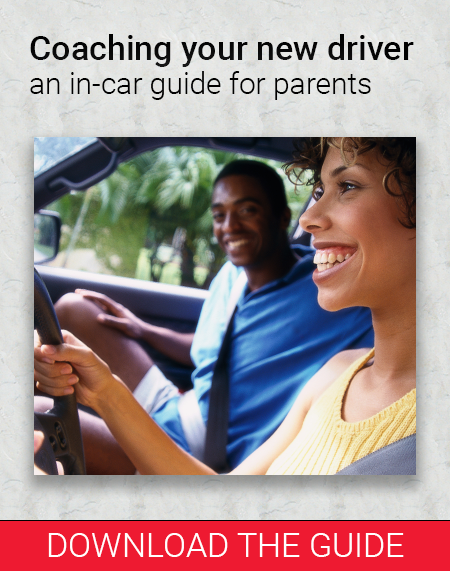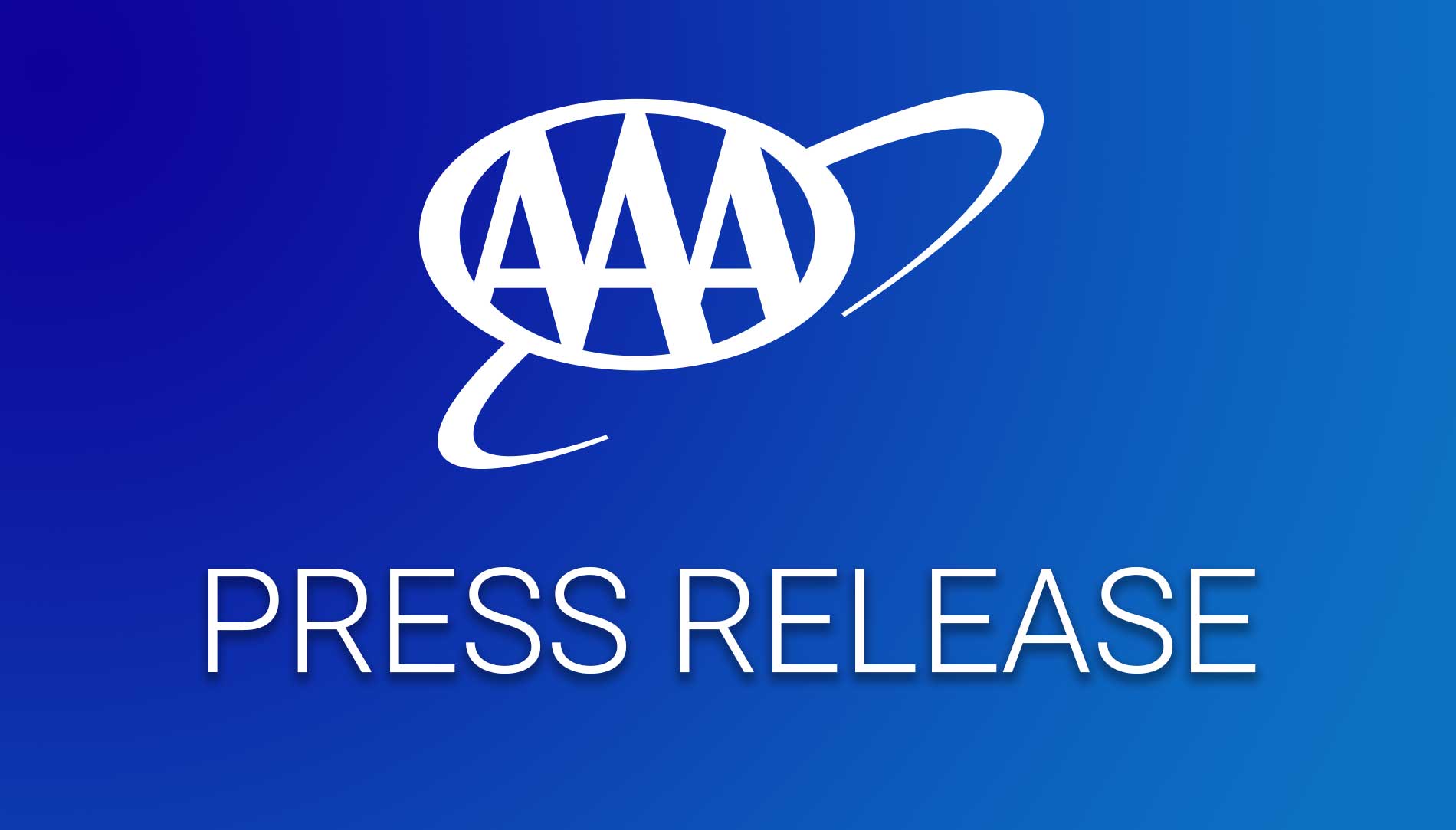Percent of THC-positive drivers has doubled since the state legalized recreational use
Visuals available at newsroom.aaa.com
BELLEVUE, Wash. — According to new research from the AAA Foundation for Traffic Safety, the percent of Washington drivers involved in a fatal collision who tested positive for active THC – the drug’s main psychoactive ingredient – has doubled since the state legalized marijuana in December 2012. AAA believes the increase raises important traffic safety concerns for drivers across the country, because recreational marijuana use is now legal in 11 states and Washington, D.C.
The latest AAA Foundation research found that between 2008 and 2012 – the five-year period before the drug was legal – an estimated 8.8% of Washington drivers involved in fatal crashes were positive for THC. That rate rose to 18% between 2013 and 2017.

The average number of THC-positive drivers increased, too. In the five years before legalization, an average of 56 Washington drivers, involved in fatal crashes each year, were THC-positive. In the five years after legalization, that average jumped to 130. The new numbers bolster the findings of a similar report released by the AAA Foundation in 2016. Both studies focused only on the prevalence of drivers who tested positive for active THC, and did not attempt to determine if marijuana contributed to the crashes.
“This study enabled us to review a full 10-years’ worth of data about the potential impact of marijuana on driving safety – and it raises significant concerns,” said Dr. David Yang, executive director of the AAA Foundation for Traffic Safety. “Results from the analysis suggest that legalization of recreational use of marijuana may increase the rate of THC-positive drivers involved in fatal crashes.”
Marijuana use can inhibit concentration, slow reaction times and cloud judgment. Its effects vary by individual, but a number of studies have concluded that marijuana use impairs the ability to drive safely. Previous research suggests that users who drive high are up to twice as likely to be involved in a crash.
According to Washington law, a driver is impaired when five Nano grams or more of THC is in their system. However, no data reliably provides a specific level at which THC impairs driving, the chemical impairs each user differently and tests used to measure THC are often completed hours after a crash. Instead of relying solely on an arbitrary legal limit to determine if a driver is impaired, AAA advocates for states adopting a two-pronged approach that requires:
- behavioral and physiological evidence of driver impairment
- a positive test for recent marijuana use
Eleven states and Washington, D.C. have legalized marijuana for both recreational and medical use. Another 22 states have legalized it for medical use only. AAA opposes the legalization of marijuana for recreational use because of its inherent traffic safety risks and because of the difficulties in writing legislation that protects the public and treats drivers fairly.
Regardless of marijuana’s legal status – or state limit – all motorists need to avoid driving after using marijuana.
Last year, a AAA Foundation survey found that nearly 70% of Americans think it is unlikely a driver will get caught by police for driving shortly after using marijuana. The survey also revealed that an estimated 14.8 million drivers report getting behind the wheel within one hour after using marijuana in the past 30 days. It is these beliefs and behaviors that are leading to tragedy on our roadways.
“Simply put, if you’ve used marijuana, don’t drive,” said Jake Nelson, AAA’s director of traffic safety advocacy and research. “And if you plan to drive, don’t use marijuana.”
AAA is committed to educating the public about the risks of substance-impaired driving. Through AAA Foundation research, AAA is working to improve understanding on the topic and is working collaboratively with safety stakeholders to reduce the impact of substance-impaired driving related crashes.

